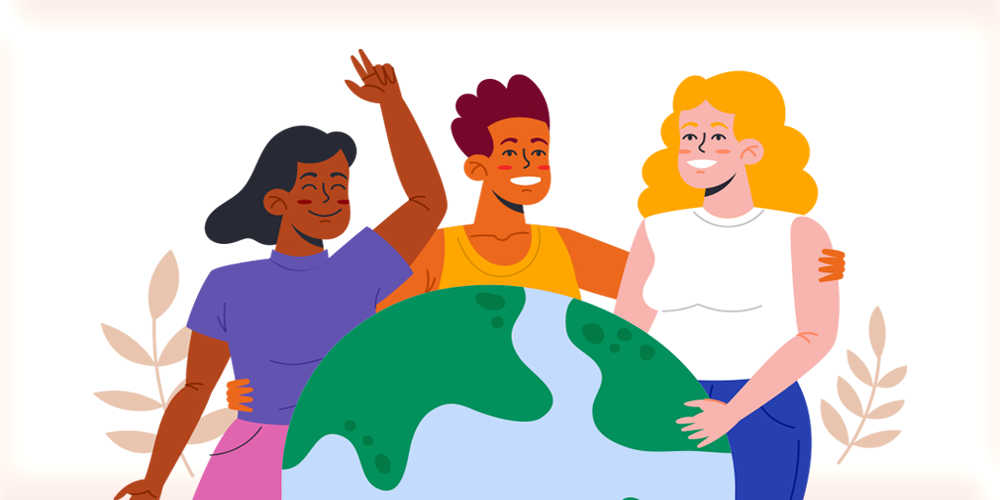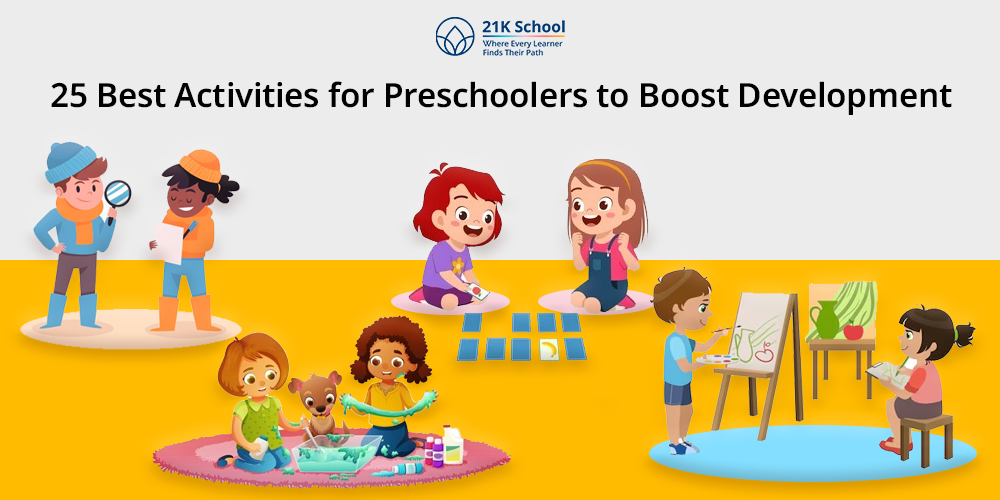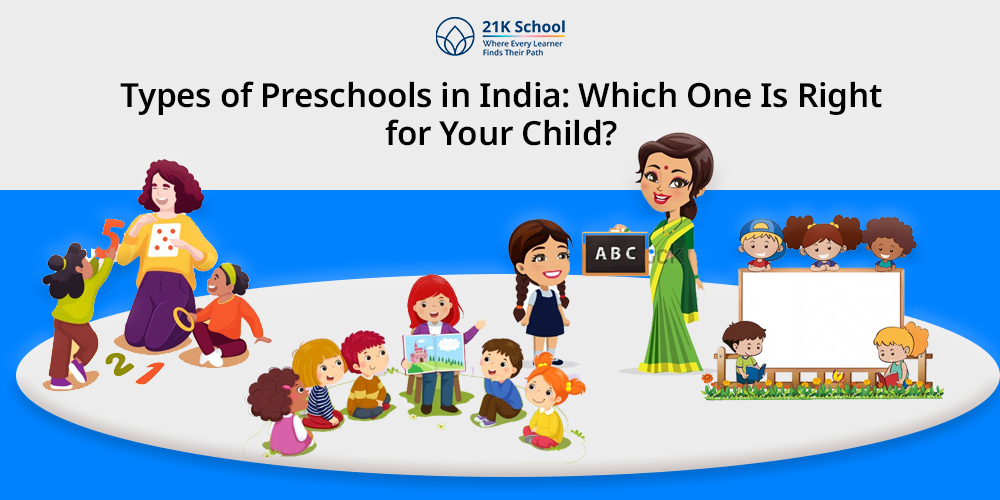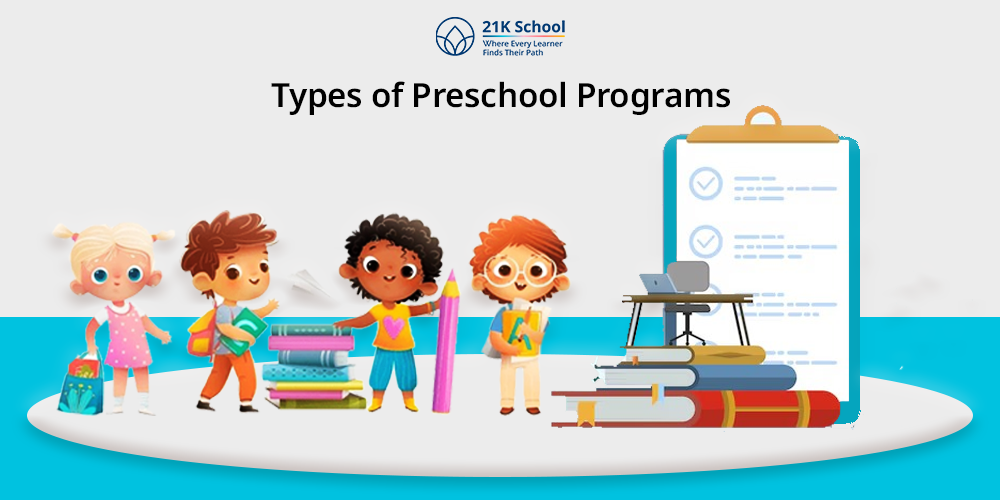
In order to build awareness and become part of the global community, students need to learn more about the outside world instead of solely relying on bookish knowledge.
They also need to go through multiple digital resources as well as quality evaluation which will help them learn the specific skill sets they need in order to reach their respective goals.
All of its efforts are aimed to contribute to the awareness of global citizenship education.
Table of Contents
Topics Covered by 21K School to Teach About Sustainability and Global Citizenship
Social justice and equality have always been global subjects. And, when a teacher brings this topic to an online classroom, it enables students to speak about these common issues faced and experienced by them in their everyday life.
Also Read, How Online Education is Better than Classroom Education ?
Students can also share their distress regarding any kind of unjust situation. There can also be a discussion about the demand for equal treatment despite the gender, race, disability, religion, lifestyle and sexuality of different people.
Students of 21K School regularly discuss these topics in an online classroom situation in the presence of an instructor.
Subject of diversity and identity
Through digitalisation and globalisation, we have become more interconnected. Therefore, it is also essential for us to understand and respect the values, religions, identities and races of other people.
When an instructor teaches its students about the diversity and identity of the people, he/she also assists in creating awareness about how diversity is globally understood and dealt with.
Students can ask and try to find their own identity by asking themselves ‘who am I?’
Interdependence and multiculturalism
Interdependence symbolises the situation where two or more countries are heavily dependent on each other. On the other hand, globalisation or multiculturalism can be associated with the social, political and financial amalgamation of different people all over the globe.
In order to traverse both their personal and professional life, students need to learn and understand both these terms and how they can create an impact in the present or near future.
By learning more about these two terms, they will also be able to easily take their place in the interdependent and modern economy.
21K School makes its students aware of the qualities of a global citizen. And, at the same time, teachers also discuss various topics related to multiculturalism such as global wealth condition, ethics, information, global trade, communication, poverty, global health and technology.
Concept of global conflict and peace
Although global citizenship education is a sensitive topic, it is important for young learners to be aware of what is happening around them.
A teacher can constructively discuss these two particular topics in order to make them realise that oftentimes these wars can be peacefully and effectively resolved.
Sustainability
In the current situation, climate change is globally the most highlighted problem for human beings.
This is the time to save our planet and one of the ways to do it is by making the future generation aware of the current scenario. As a teacher, you can encourage your students to bend towards sustainable developments.
When it comes to providing the best online homeschool curriculum, 21K School is undoubtedly the best. It provides its students with all the necessary arrangements and facilities so that they can effectively receive quality education .
Also, when it comes to spreading global citizenship education amongst its students, 21K School is always future-forward with its efforts.
Conclusion
21K School is essential in influencing the future of its pupils by stressing the value of global citizenship and sustainability.
The school broadens students’ perspectives and gives them the tools they need to deal with the complexity of the modern world by addressing important subjects like equality diversity, interdependence, global conflict and sustainability.
Through engaging conversations and a variety of digital resources students are inspired to investigate their identities and comprehend their position in the world.
21K School is dedicated to giving students a progressive education that equips them to become proactive responsible global citizens who are prepared to make constructive contributions to society and the environment as the issues of social justice and climate change grow more urgent.



